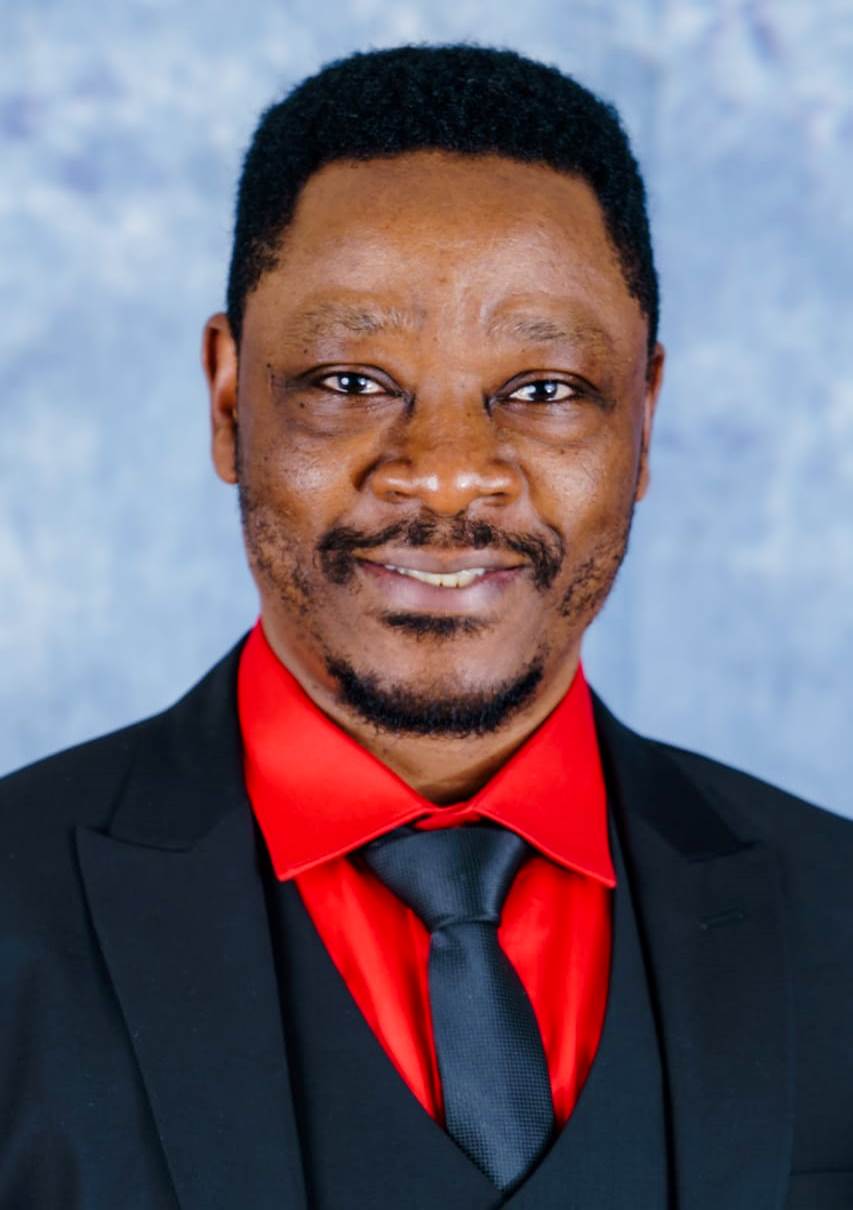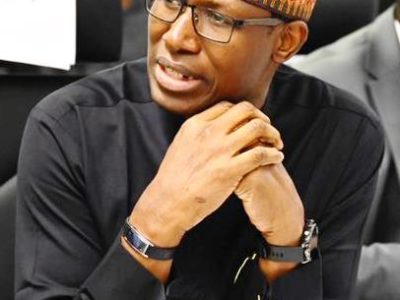CEO of Medallion Data Centres Limited, Ike Nnamani, says home-based organizations are attracting offshore investments because international operators are beginning to see the massive opportunities in the ICT-space. Nnamani is also the president of Association of Telecommunication Companies of Nigeria (ATCON),


- Data centre business is capital intensive. Could funding sustainability and operational challenges be the attraction for recent buy-overs and ‘buy-into’ of home-bases organisations like Medallion Communications Limited and MainOne?
It is true datacenter business is capital intensive but the current transactions noticed in the space are not because the home-based organizations are struggling financially but because the international datacenter operators have seen the massive opportunity that exist in the country and want to be part of it. Nigeria is rated the next market for massive datacenter services growth and this is attracting global datacenter operators and it is good for the country. Although datacenter services performance in Nigeria is currently below that of South Africa, the number 1 datacenter market in Africa, the Nigeria market is projected to top that of South Africa over the next 10 years as activities in the datacenter space picks up. Not only is this good for the country from an investment standpoint since it will increase the foreign direct investment into the country, it will also lead to development of local expertise in the space and promote the digital economy
- As a provider of data centre services and a connectivity hub across West Africa, what will proper regulation of data centres in Nigeria and within the sub-region?
Datacenter service is a B2B service type and not B2C. Services are only offered to organizations and not to subscribers. To a large extent it is also seen as a REIT (Real Estate investment Trust) which puts it more in the real estate sub-sector than telecom sub-sector. However because it is a B2B service offering, the customers determine the quality and terms of service that is acceptable to them if they are to do business with any particular datacenter. While some datacenters obtain a Tier certification, which amongst other parameters specifies hours of availability of the datacenter when not supported by power from the public grid, most of the biggest and most advanced datacenters are not tiered. In a country like Nigeria where the public power grid is highly unreliable, basing availability on the traditional metrics that is used to classify Tiers 1 to 4 in other countries does not make sense. I recall a particular period when we had to operate our datacenter without public power supply for over 1 month because the utility company had a problem, how many tiers would you then put on a facility like that. It is for this reason I don’t believe there should be specific regulations on datacenters because any regulation to be developed will pretty much follow the pattern of Tiering that already exists. However all datacenter operators should be registered in Nigeria and pay the appropriate taxes.
- How are centres like Medallion pushing the agenda to make data centre operation part of Critical National Infrastructure?
Datacenters are Critical National Infrastructures. The connectivity and infrastructures housed in the datacenters is what runs the ICT and Telecom sectors of the country. All infrastructures that support the digital economy are located in one datacenter or another. This covers all aspects of the country including national security, finance, governance, education, entertainment, healthcare, etc. Whether it is a private datacenter or a multi-tenant datacenter each is a Critical National Infrastructure.
Datacenters is already included in the national broadband plan where datacenters are listed as one of the pillars of the digital economy and a critical national infrastructure. What is needed now is the full implementation of the Critical National Infrastructure policy so that these vital infrastructures are given the proper protection that they need.
- When do you envisage having stronger policies in place that will ensure that government entities and private sector are compelled to host critical national data in-country for security and economic reasons in terms of data domestication in Nigeria?
There is already the policy that mandates critical national data to be hosted in-country. This is not only for national security reasons but it also helps to prevent capital flight since when hosted outside the country payment is made in foreign currency to the host country. So for government data it is not optional that it should be hosted in-country.
RELATED New Opportunities Driving Investment Into Nigeria Data Centre Market, Says Medallion’s Ike Nnamani
For the private sector while you can’t mandate a private company how to run their business, there is sufficient reasons why they should locate their data in-country also.
Firstly, we now have world class datacenters in the country unlike in the past so the excuse of not having any reliable datacenter to locate their infrastructure and data is no longer tenable. There are now several cloud based services hosted locally in Nigeria, so the concept of connecting to cloud based services is not localized.
Secondly most of the services that are now on the networks require very low latency to operate. You can only achieve low latency at the right price point when the source of the content to the subscribers is located at a datacenter close to the end user. This calls for localization of contents if we are to maintain good quality of service to the subscribers.
Thirdly, during the lockdown that resulted from Covid-19 pandemic when several countries shut down operations, getting support from foreign locations was difficult as most countries focused support on their regions. This was a major challenge for Nigerian businesses as support was not readily available. Several local companies could not get support for their datacenter hosting operations during this time. Only those companies in Nigeria that were hosting their data locally got adequate support and this is indication that local hosting remains the way to go for efficient service delivery.
Fourthly as the exchange rate fluctuates and the Naira depreciates, it is becoming difficult to pay for datacenter services outside the country than paying in Naira to a Nigerian based datacenter.
I will also want to address the challenge of having your data hosted outside the country and being subjected to the data protection regulations in other countries that is align to your business need and customers requirements.
It therefore makes absolute sense to host services in datacenters located in Nigeria even if there is no federal regulation mandating it. It just makes business sense to do so for efficiency and profitability of the various companies.
- Let’s peep into the crystal ball. Does investment and acquisition by Digital Realty in Medallion and Equinix in MainOne signify the trends and future of locally founded ICT companies?
As I stated earlier, these global datacenter operators have identified Nigeria as the prime datacenter destination that needs to be developed. They have looked for the most viable companies they can partner with and use a vehicle to enter the market. This is a long term strategy and requires several billions of US Dollars to actualize the goals. This requires companies that not only understand the datacenter business at a hyperscale level, but also have access to the right amount of funding.
There is currently a lot of interest in the space with several companies trying to come into the space and offer datacenter services. On face value this looks good but when you realize that it takes an average of 3 years to develop a proper datacenter and if you want to build up to 10MW you need a minimum of USD$100 million, it calls for long term investment plan.
Unfortunately I have been hearing some announcements of datacenter builds, investment, or capacities available by some service providers which is not in line with actuality on the ground so it appears people are getting desperate to make announcements that may be different from actuality on ground so they don’t lose out in the market. This however will create a distortion on the actual state of the industry and make it difficult for serious global players to ascertain the state of the industry and make informed business decision that will ultimately benefit the country.
I see a lot of funding activities in the ICT space for companies that know what they are doing and show understanding of the space.































